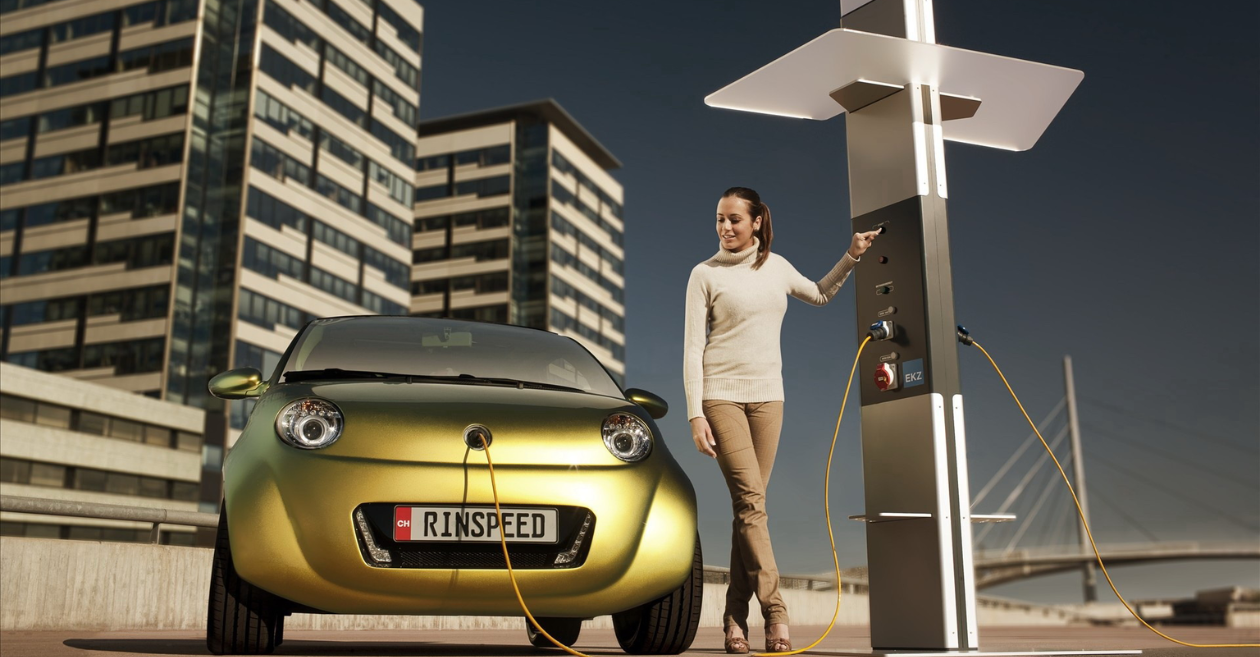


In a world buzzing with technological advancements, one term has been generating quite a spark – "Electric Vehicles" (EVs). But what exactly is meant by an electric vehicle, and why is it causing such a commotion? Let's take a ride through the electrifying universe of EVs.
People Also Read: Journey of Zac Efron
Definition:
Electric vehicles are automobiles propelled by one or more electric motors, powered by rechargeable batteries or other energy storage devices.
Types:
Battery Electric Vehicles (BEVs): Pure electric vehicles relying solely on batteries for power.
Plug-in Hybrid Electric Vehicles (PHEVs): Combine electric propulsion with an internal combustion engine, offering flexibility.
The Power Play: Why Electric Vehicles Matter
Carbon Emissions:
EVs contribute significantly less to greenhouse gas emissions compared to traditional vehicles.
Air Quality:
Zero tailpipe emissions enhance urban air quality, combating pollution.
Reduced Dependence on Fossil Fuels:
EVs reduce reliance on finite fossil fuels, promoting energy diversity.
Homegrown Power:
Local electricity generation options empower regions to control their energy destiny.
Charging Ahead: The Nuts and Bolts of Electric Vehicles
Home Charging:
Convenient and cost-effective for daily use with the right infrastructure.
Public Charging:
Expanding network of public charging stations for on-the-go charging.
Advancements in Battery Technology:
Evolving battery tech extends the driving range, alleviating concerns.
Charging Speed:
Rapid charging options reducing downtime, making long journeys feasible.
The Economics of Electrification: Affordability and Incentives
Initial Cost:
While initial purchase prices might be higher, operational costs often prove lower over time.
Incentives:
Government incentives and tax breaks sweeten the deal for EV buyers.
Tesla vs. The World: A Glimpse into Electric Vehicle Records
| Model | 0-60 mph Acceleration | Range (Miles) | Charging Time |
| Tesla Model S | 1.98 seconds | 396 | 15 mins |
| Tesla Model 3 | 3.1 seconds | 353 | 20 mins |
| Tesla Model X | 2.5 seconds | 340 | 15 mins |
| Tesla Model Y | 3.5 seconds | 326 | 20 mins |
Solid-State Batteries:
Promising faster charging times and increased energy density.
Autonomous Driving:
Integration of self-driving capabilities reshaping the concept of transportation.
In the pursuit of a greener and sustainable tomorrow, electric vehicles emerge as the shining knights. As technology races ahead, EVs not only redefine transportation but also contribute to a cleaner, more efficient world. The road ahead is charged with possibilities – are you ready to drive into the electric future?
Answer: An electric vehicle (EV) is an automobile powered by one or more electric motors, drawing energy from rechargeable batteries or other energy storage devices. There are different types of EVs, including Battery Electric Vehicles (BEVs) and Plug-in Hybrid Electric Vehicles (PHEVs).
Answer: Electric vehicles contribute significantly less to greenhouse gas emissions compared to traditional vehicles. They have zero tailpipe emissions, enhancing urban air quality and combating pollution.
Answer: While the initial purchase price of electric vehicles may be higher, operational costs are often lower over time. Government incentives and tax breaks further make EVs an economically viable choice.
Answer: Electric vehicles can be charged at home using a dedicated charger or at public charging stations. Home charging is convenient and cost-effective for daily use, while public charging stations offer on-the-go charging options.
Answer: Key advancements include improvements in battery technology, reducing charging time and extending driving ranges. Emerging technologies like solid-state batteries and the integration of autonomous driving capabilities are shaping the future of electric vehicles.

Are you looking for a comfortable and

In a world full of amazing technology

In today's fast-moving tech world, Br

In the world of utilities, EPCOR shin

In the confusing world of money and i

In a world where danger feels close,
Trash to treasure: How Google thinks
Spring Fashion Show at the University
Matter of Impact: April updates from
Android Enterprise security delivers
We are not gonna make spamming
Copyright By@TheWebTrends - 2023
BACK TO TOP